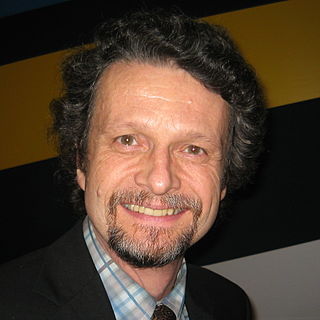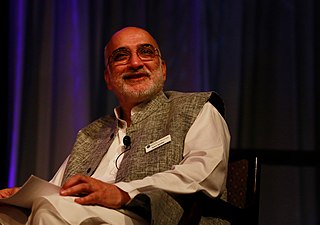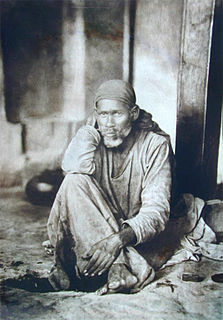Top 1200 Spiritual Practice Quotes & Sayings
Explore popular Spiritual Practice quotes.
Last updated on April 22, 2025.
Taking the one seat describes two related aspects of spiritual work. Outwardly, it means selecting one practice and teacher among all the possibilities, and inwardly, it means having the determination to stick with that practice through whatever difficulties and doubts arise until you have come to true clarity and understanding.
To think that practice and realization are not one is a heretical view. In the Buddha Dharma, practice and realization are identical. Because one's present practice is practice in realization, one's initial negotiating of the Way in itself is the whole of original realization. Thus, even while directed to practice, one is told not to anticipate a realization apart from practice, because practice points directly to original realization.
People on a spiritual path - personal growth, spiritual practice, recovery, yoga and so forth - are the last people who should be sitting out the social and political issues of our day. And there’s an important reason for this: People on such journeys are adepts at change. They know that the mechanics of the heart and mind are the fundamental drivers of transformation.
Many people hope a spiritual practice will let them avoid what they are ashamed of. But when you hide something from yourself, you are going to project it onto your world. You continually find it in others and it becomes the source of prejudices and dogmatic views. On top of that, you feel bad about yourself, because you aren't the loving, open-minded, "spiritual" person you'd like to be.
Teaching a practice can also be a hindrance if it becomes one's identity. To be a spiritual teacher is a temporary function. I'm a spiritual teacher when somebody comes to me and some teaching happens, but the moment they leave I'm no longer a spiritual teacher. If I carry the identity of spiritual teacher, it will cause suffering.
You could conceive spirituality as the study of the immeasurable, of the qualitative. But that's very different from the way we typically use the word. A spiritual person, in the popular conception, is somebody who's kind of aloof from the world, introspective, meditating, communing with non-material beings. That's the spiritual realm, and we elevate it above the material realm. What's more worthy, what's more admirable? Who's the one who has done this hard work on the self, and has done a lot of "practice"? That's the spiritual person.
It is never a good practice to continue to sleep after sunrise. We should not think of staying in bed once we are awake; it increases laziness and dullness. Those who cannot decrease the amount of sleep quickly may do it in gradual stages. Those who do regular spiritual practice do not need much sleep.
If we’re going to strive for spiritual growth, we have to be willing to put concepts into practice in our everyday lives, in all relationships with all people. You can’t separate your “spiritual life” from your “work life.” They’re both your life! In the same vein, you can’t separate money and happiness.
Somewhere in my early twenties I realized I was pretty constantly monitoring myself, judging how I was always falling short, whether it was about not being a good enough daughter or friend, or my appearance, or whatever. I ended up becoming involved with a spiritual path in the yogic tradition, living in an ashram, doing a very rigorous spiritual practice.
If the majority of the "spiritual market" is drawn to prerational magic and myth, how do you reach the small group who are involved in genuine, laborious, demanding, transrational spiritual practice? This is very difficult, because both markets are referred to as "spiritual," but these two camps really don't get along very well-one is mostly translative, the other is mostly transformative, and they generally disapprove of each other-so how do you put them into one magazine without alienating them both?
Our compassion is the fruit of our spiritual lives; it actually arises spontaneously when formed by intention in our spiritual practice. Love and compassion are always the goods of the spiritual journey, and they are guided by divine wisdom, which then shapes compassion in the concrete situations of our existence.
If you can't fall asleep, learn how to meditate. I would recommend you listen to a beautiful tape called Spiritual Power, Spiritual Practice [Energy Evaluation Meditations For Morning and Evening, 1998]. It was the one that got me out of my writer's block when I was writing Caramelo. It's by Carolyn Myss.
The main point of any spiritual practice is to step out of the bureaucracy of ego. This means stepping out of ego's constant desire for a higher, more spiritual, more transcendental version of knowledge, religion, virtue, judgment, comfort, or whatever it is that the particular ego is seeking. One must step out of spiritual materialism.














































